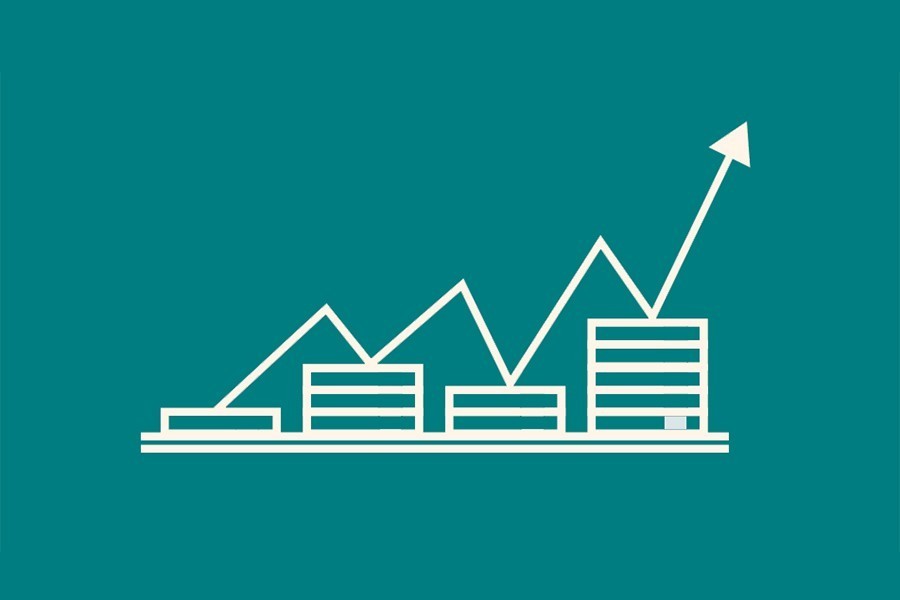All the Bangladesh school children cannot join online classes today despite widespread mobile and internet penetration. Over-capacity of power generation hasn't solved the issue of connection and supply of electricity to businesses and households everywhere. Expensive flyovers and huge road projects couldn't make movement of traffic in and around major cities smooth.
With the affluent Bangladeshi patients more willing to take medicare services abroad, the coronavirus outbreak has further exposed the country's health system. This single crisis has proved how vulnerable the poor and wage earners are, in cities and villages.
Now, living in uncertainties arising out of the pandemic, almost all social groups have felt the necessity of social protection or welfare measures, euphemistically called stimulus package made up of taxpayers' money.
Still, our obsession lies with theoretically crafted development yardsticks like GDP (gross domestic product) growth and per capita income. The demand for growth statistics for political consumption has created such an atmosphere globally in recent decades that people couldn't gather enough courage to question efficacy of such 'high thought' matter.
The Bangladesh Bureau of Statistics (BBS), the state-run statistics agency, has offered some scope for scrutiny of its latest statistics by critics. All modes of transportation remained halted in three months since late March. The BBS, nevertheless, shows the sector has contributed an additional Tk 48 billion to the GDP in that quarter! Also, tourism sector and restaurants saw statistical growth in that period when hotels and food shops were shut.
The most recent debates over credibility of growth statistics indicate most of the stakeholders still believe the method of calculating development attainments in terms of GDP growth is reflective of the complete picture of the real life economy. If criticism is required, their responsibility is finished once they reiterate the issue of widening disparity accompanied with growth.
One of the most forgotten factors in development analyses is, obviously, the people. Statistically, for instance, annual income of each Bangladeshi national is over US$$2,000, still not very high. But this being an average estimation, one must not be self-deluded to claim it to be the earning of every individual.
Worldwide, the current mode of development has threatened environment while the coronavirus crisis has brought in a new puzzle of whether the system would survive in the foreseeable future. Pundits couldn't predict exactly when the consumption-driven economic order would collapse, after some of them foresaw so during the 2008-09 global financial slowdown.
For Bangladesh, shrinkage of farmland has been one of setbacks of unplanned housing and urbanisation, and imprudent infrastructure building and industrialisation. What could have been focused is democratic development, which might involve policy inclusiveness, people's health and welfare guarantee, development of quality human resources etc.
The pandemic has called for overhauling the country's healthcare system, which has failed to not only withstand the crisis at hand but also serve the people in normal circumstances. The need for building livable cities alongside decentralising economic opportunities has been felt more than ever before.
Unfortunately, there has been a loss of appeal for any development agenda, be it poverty reduction, youth employment, or women empowerment. Of course, the key reason for such a situation is lack of public engagement as well as historic gap between official pledges and delivery.
Perhaps never in human history lived more than 160 million people on 144,000-square-kilometre area. Thus challenges have been multiple that require prudence of leadership and high level of public discipline for addressing them. Our development should mean the country's resources are protected and people's potential flourishes. What's then Bangladesh's vision for the next 100 years?


